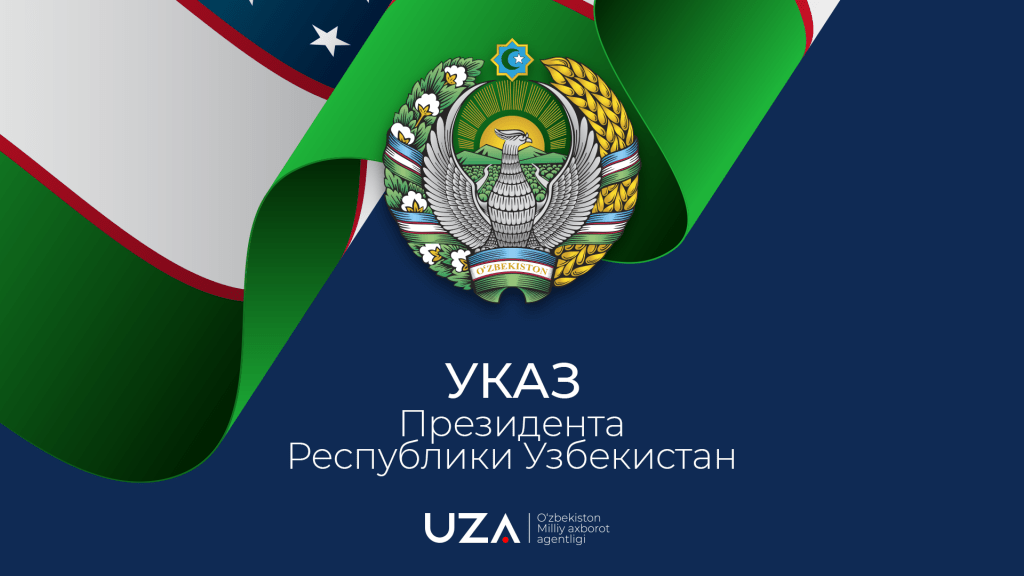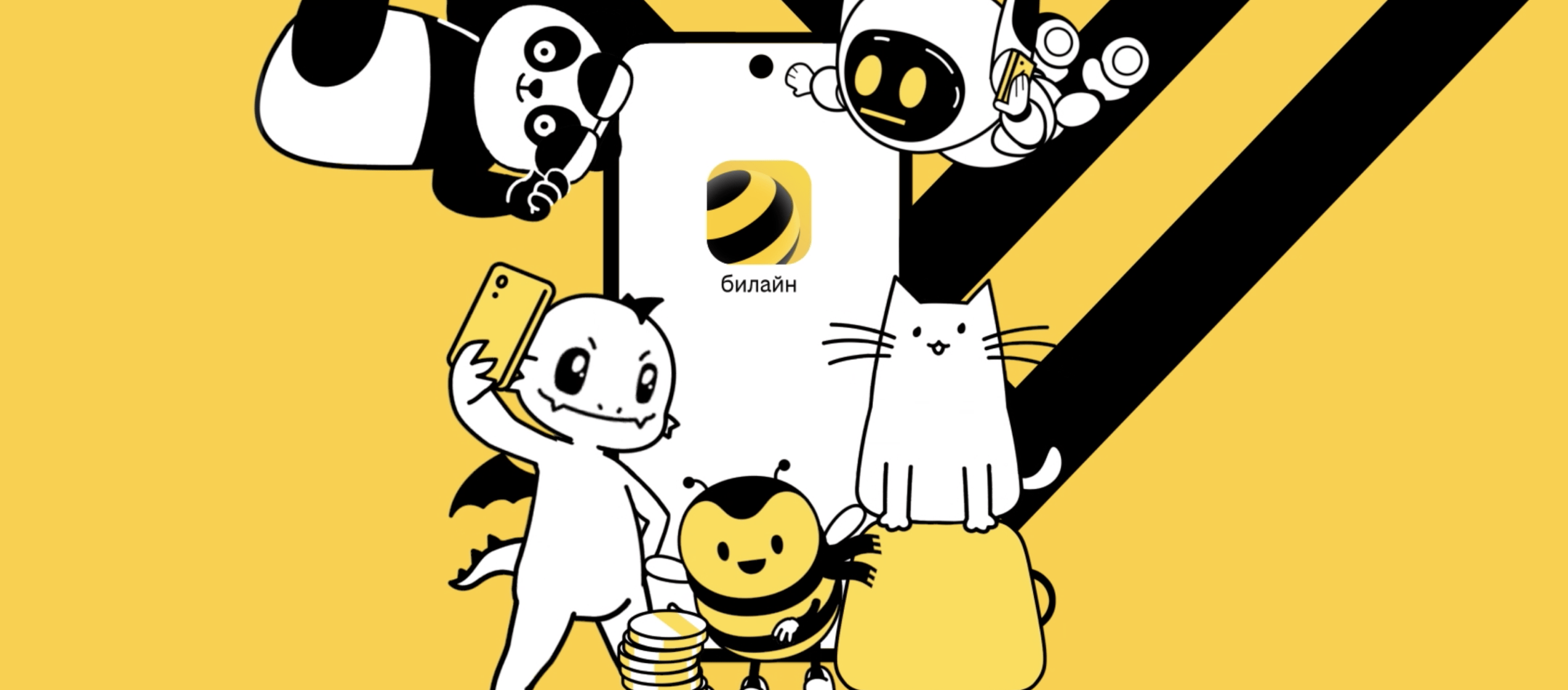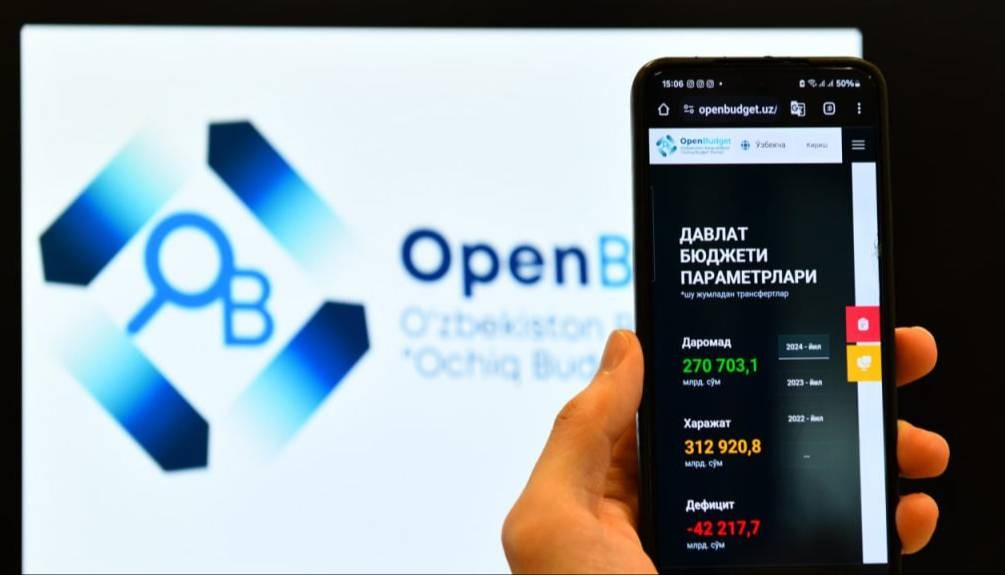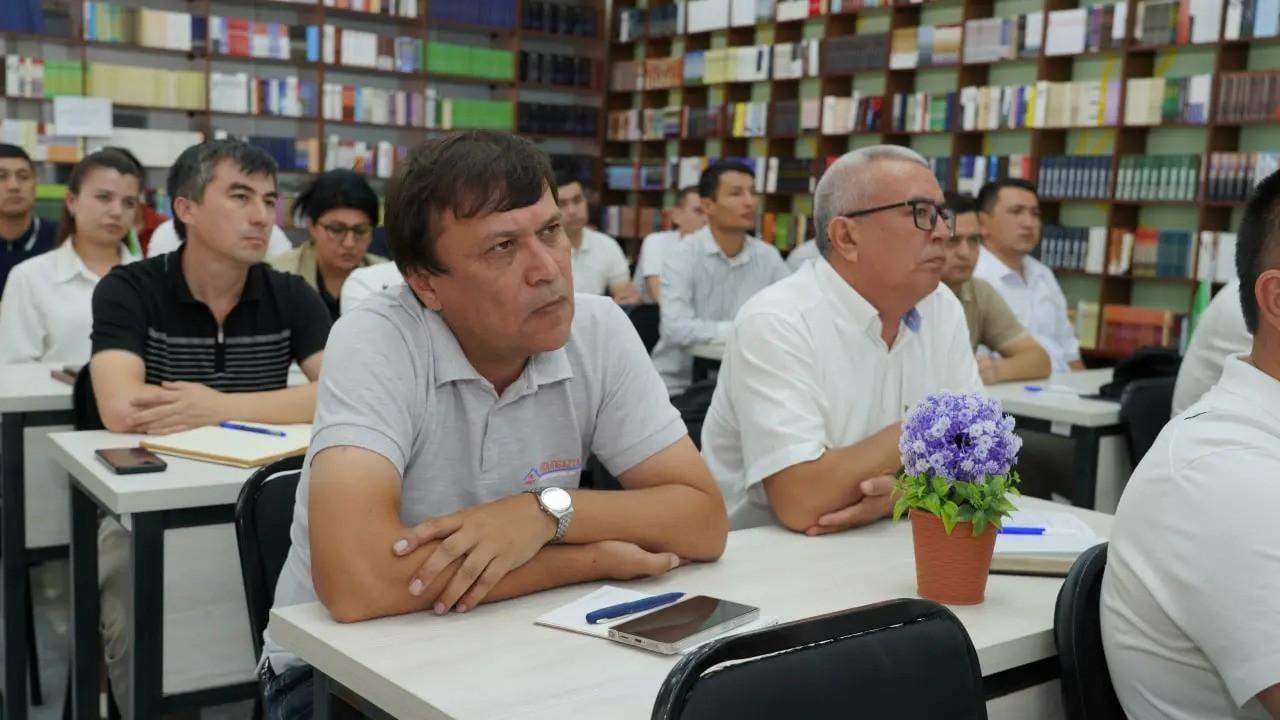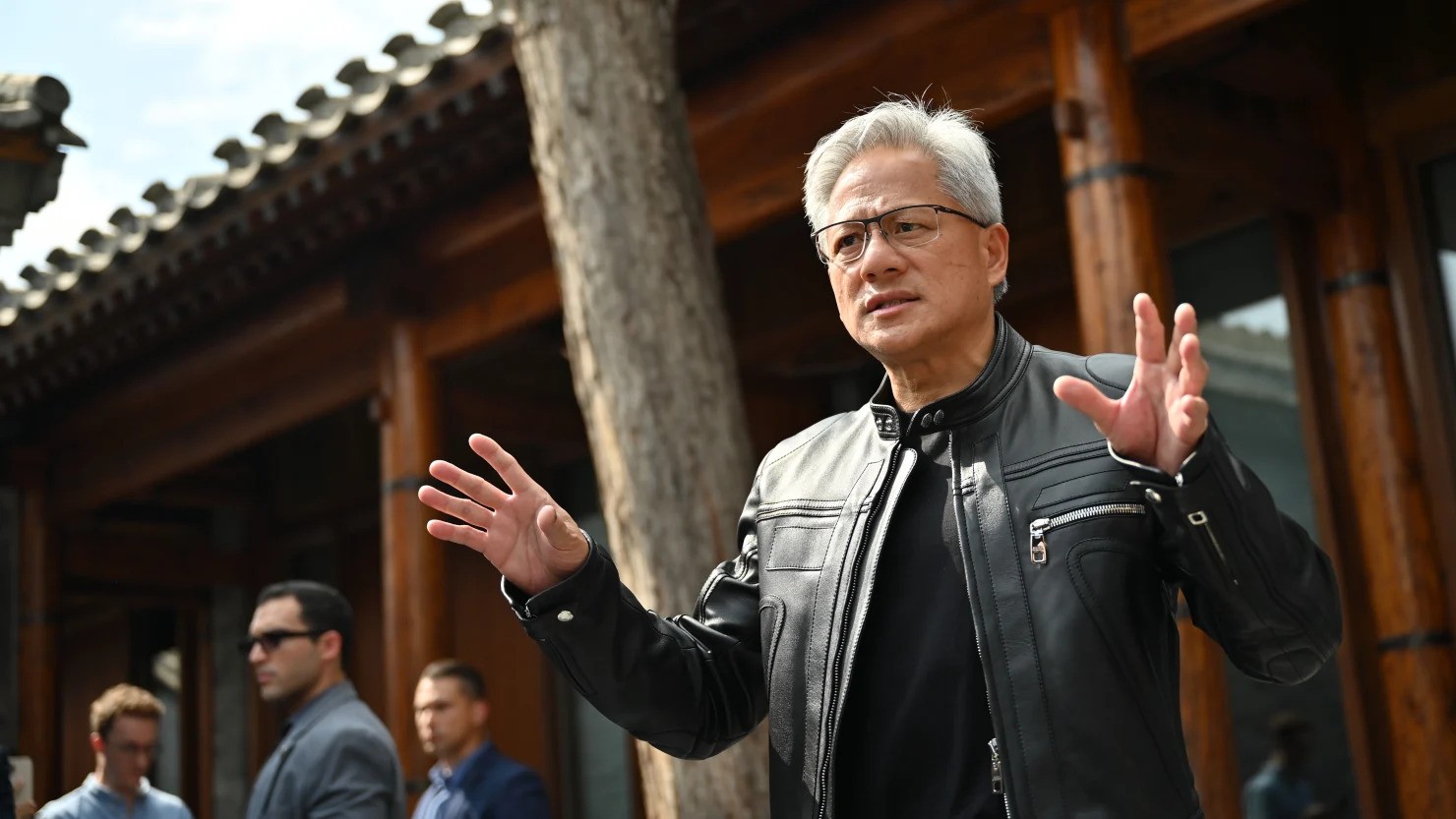The American technology corporation Meta announced new measures to combat non-original content on the Facebook platform, strengthening algorithmic control over publications that are re-posted without authorship. The new stage of the policy is aimed at supporting the authors of original content and reducing the coverage of pages engaged in mass reposting of other people's materials.
According to the company, in the current year alone, about 10 million accounts were deleted that systematically published texts, photos and videos borrowed from other sources. 500 thousand profiles that were previously caught sending spam, distributing false information,or violating the monetization terms were also hit. Sanctions were applied against them — from downgrading their rating to blocking access to monetization functions.
One of the key changes will be a restriction on the distribution of repeated videos, especially those that have gained popularity. This means that attempts to copy or repost someone else's video without specifying the source will lead to a sharp decrease in coverage, and in some cases, to automatic linking of the original link so that the audience can go to the author of the source material. Similar features are already being tested and may be implemented in the upcoming algorithm updates.
The new Meta policy responds to growing criticism from independent authors, bloggers, and video creators, who face the fact that their content is massively copied by larger pages and aggregators, often for the purpose of monetization. The problem is particularly acute in emerging markets, where reposting without attribution remains a common practice.
In fact, Meta relies on clearing the information space of parasitic content and strengthening the position of original creators. This decision can change the landscape of video and text distribution in the Facebook ecosystem, increasing competition for audience attention not only among creators, but also among page and public administrators.
According to forecasts, the introduction of new algorithmic restrictions will affect recommendation algorithms, monetization of Reels, and engagement assessment. Copying accounts will face a drop in coverage, while original authors will face increased transparency and intellectual property protection.




